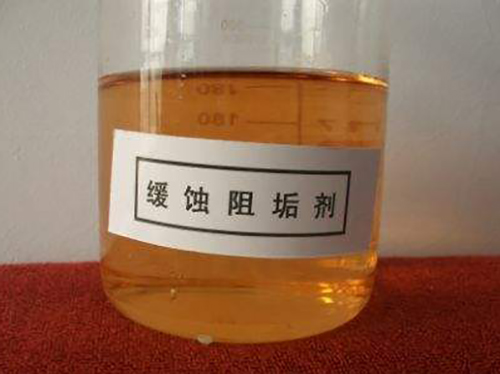Exploring the Benefits of Polyaluminum Chloride in Water Treatment Processes and Applications
Polyaluminum Chloride in Water Treatment An Effective Approach for Purifying Water
Water is an essential resource for life, and ensuring its purity is crucial for public health. With the increasing demand for clean water due to population growth and industrialization, various methods have been developed to treat water effectively. One such method is the use of Polyaluminum Chloride (PAC), a coagulant widely employed in water treatment processes.
Polyaluminum Chloride is a chemical compound that serves as a coagulant in water treatment facilities. It is composed of aluminum and chloride, with a higher charge density compared to traditional coagulants like alum (aluminum sulfate). The unique structure of PAC allows it to attract and bind with suspended particles, organic matter, and other impurities present in water. This binding creates larger aggregates, known as flocs, which can then be easily removed through sedimentation or filtration.
Polyaluminum Chloride in Water Treatment An Effective Approach for Purifying Water
Moreover, PAC can operate effectively over a wide pH range, making it versatile for use in various water sources, whether they be surface water or groundwater. This flexibility allows treatment facilities to adapt their processes according to the specific characteristics of the water they are treating. PAC can significantly improve the removal rates of turbidity and color, as well as the elimination of microorganisms, making it an efficient solution for producing safe drinking water.
polyaluminum chloride water treatment

Another notable benefit of PAC is its ability to enhance the floc formation process. The resulting flocs are generally more compact and more robust compared to those formed with alum. This characteristic improves sedimentation rates, which is particularly advantageous in high-flow situations where quick processing is essential. The improved sedimentation, in turn, leads to clearer effluent and better overall water quality.
Additionally, the use of PAC can lead to improved operational efficiency in water treatment plants. Facilities employing PAC often experience fewer operational problems related to pH adjustment and residual aluminum levels in treated water, as PAC produces less residual aluminum compared to other aluminum-based coagulants. This reliability helps water treatment plants maintain compliance with health and safety regulations regarding drinking water quality.
Despite these advantages, the use of Polyaluminum Chloride is not without challenges. For instance, the sourcing and production of PAC require careful management to ensure that it does not pose any risks to the aquatic environment. It is crucial for water treatment plants to monitor the dosages used and the resulting water quality continuously. Furthermore, research continues to explore the long-term effects of aluminum exposure on human health, necessitating ongoing scrutiny of PAC's application in various treatment scenarios.
In conclusion, Polyaluminum Chloride represents a valuable tool in the arsenal of water treatment technologies. Its efficiency, versatility, and ability to reduce sludge production make it an appealing choice for many treatment plants aiming to deliver high-quality drinking water. However, it is essential to employ this chemical safely and responsibly to ensure that the benefits of PAC are realized without compromising environmental and public health. As water quality continues to be a pressing global issue, the role of effective coagulants like PAC will undoubtedly remain significant in the quest for sustainable water treatment solutions.
-
Pbtc Scale InhibitorPBTC: A Scale Protector for Industrial Water TreatmentNewsAug.05,2025
-
Organic Phosphonate: An Efficient Defender in the Field of Scale InhibitionNewsAug.05,2025
-
Hydrolyzed Polymaleic Anhydride: Green Pioneer in Scale Inhibition FieldNewsAug.05,2025
-
PAPEMP Polyamino Polyether Methylene Phosphonic Acid For SaleNewsAug.05,2025
-
Flocculant Water Treatment: A Pioneer in Purification in the Field of Water TreatmentNewsAug.05,2025
-
Benzyl Isothiazolinone: An Efficient and Broad-Spectrum Antibacterial Protective GuardNewsAug.05,2025





